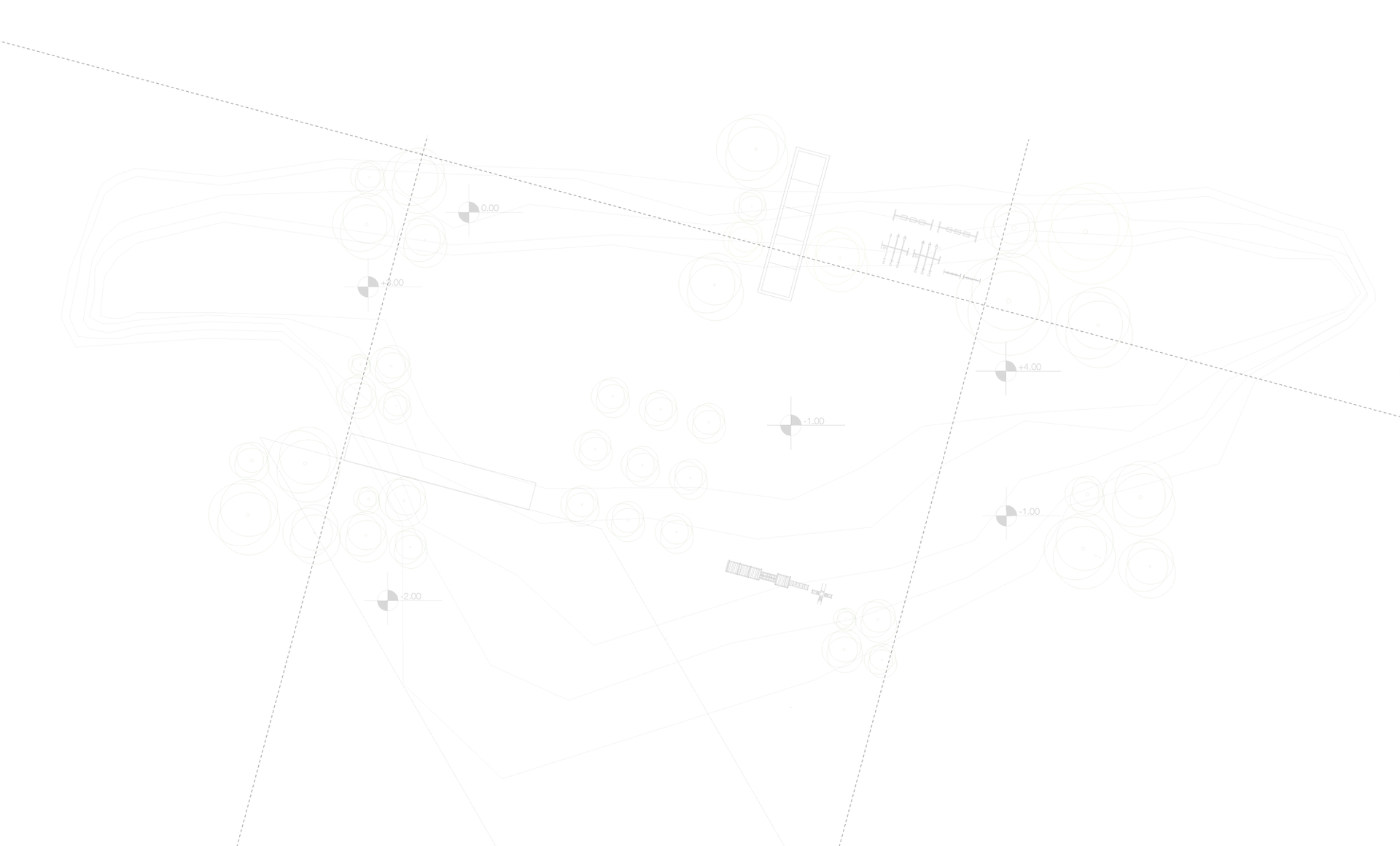Reframing Playful Participation in Museums: Identity, Collaboration, Inclusion, and Joy
- lindseymoranodesig
- Jan 1, 2020
- 2 min read
Updated: Nov 25, 2024
Lyons, L., Berland, M., McKinney de Royston, M., Hooper, P., Lindgren, R., Planey, J., Quigley, K.,Thompson, W., Beheshti, E., Uzzo, S., Hladik, S.K., Ozacar, B.H., Shanahan, M., Sengupta, P., Kumar, V., Pellicone, A., Hansen, D., Bonsignore, E., Kraus, K., Ahn, J., Kaczmarek-Frew, K., Booker,, A. (2020). Reframing playful participation in museums: Identity, collaboration, inclusion, and joy. ICLS 2020, 3.
The design of learning environments, such as museums, should match the expansiveness with which we think about the diversity of human learning. In contrast to schools or school-adjacent spaces, museum spaces are often designed to elicit various forms of learning–including affective, embodied, cultural forms–through a variety of pathways for participation from the individuated to the collaborative. However, these design intentions around learning and participation are not always legible to a racially, culturally, and linguistically diverse group of visitors, many of whom may only visit the museum as part of a school or “formal” educational activity or on limited occasions. This runs up against the design imperatives of museums that often foreground experiences which assume visitors know or feel welcome to engage in the supported forms of participation – including traditional modes of science inquiry and/or collaboration. More recently, there has been a move across museum studies, educational research, and the learning sciences to include the kinds of experiences that many learners find more inclusive of a broader range of prior knowledges and ways of knowing and doing: including games, toys, play, and theatre. In this symposium, we will explore different ways that recent research has been reframing museum experiences towards a more inclusive focus that scaffolds complex learning, joy, and play and may have implications for learning and identity. As such, we bring together scholars who are exploring new ways to design for, study, and engage museum visitors to respect different ways of knowing, different perspectives, and different backgrounds.



